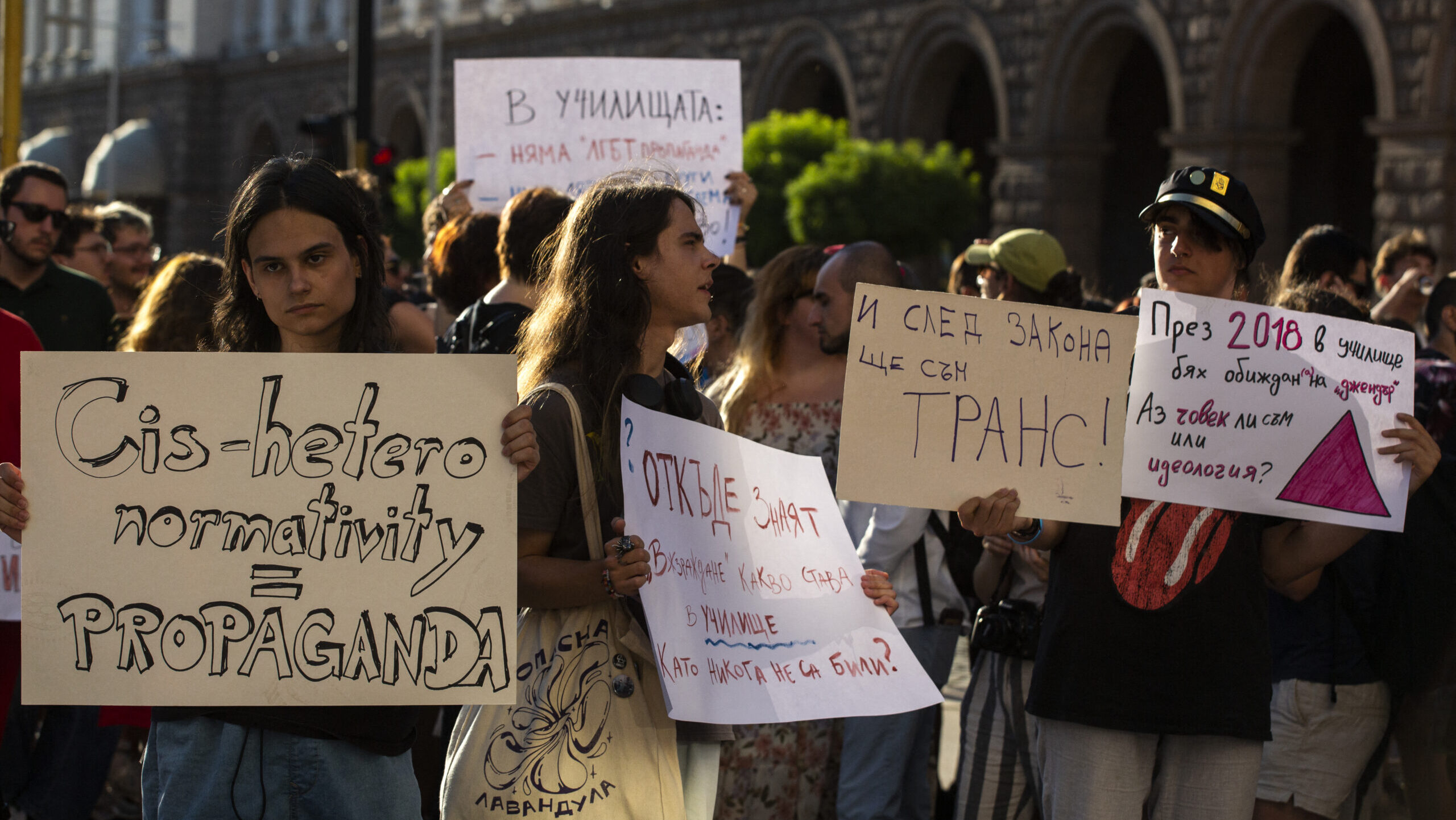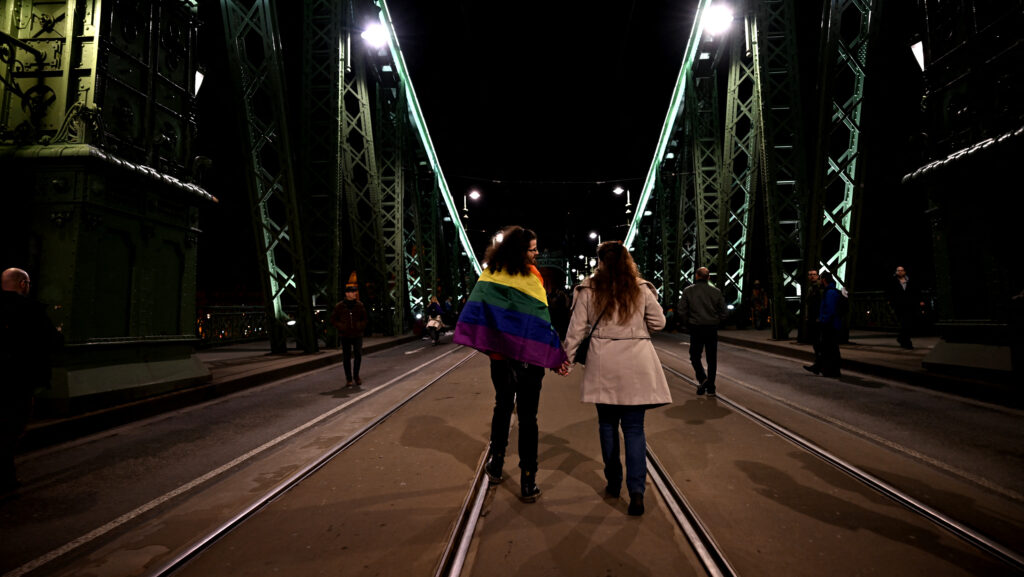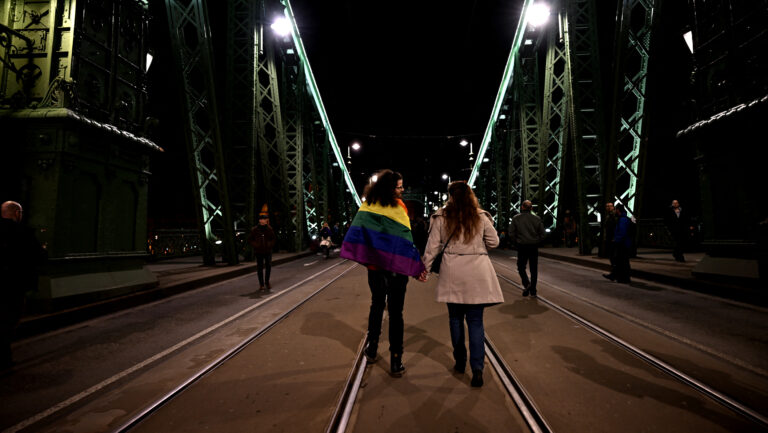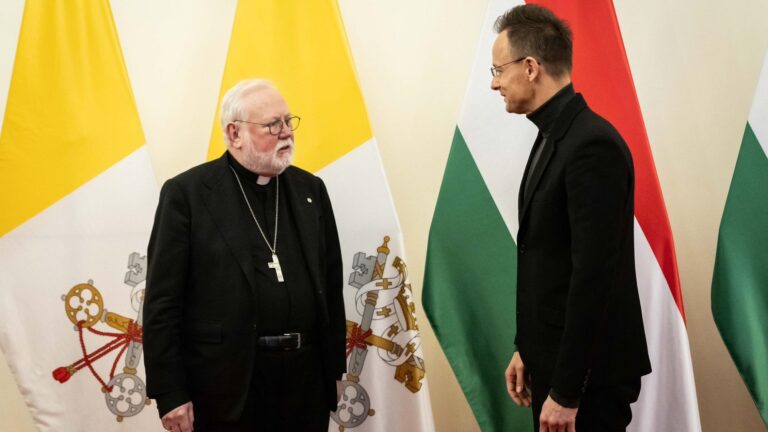On Wednesday, the Bulgarian parliament adopted an amendment to the education law that bans LGBTQ propaganda in schools. The amendment passed with a large majority, with 159 votes in favour, 22 against, and 12 abstentions.
The amendment states that ‘propaganda, promotion, or incitement in any way, directly or indirectly, within the education system of ideas and views related to non-traditional sexual orientation and/or gender identity other than the biological one’ is now prohibited in Bulgarian preschools and schools.
Lawmakers also voted on a separate text that defines ‘non-traditional sexual orientation’ as ‘different from the generally accepted and established notions in the Bulgarian legal tradition of emotional, romantic, sexual, or sensual attraction between persons of opposite sexes.’
Pro-LGBTQ+ protesters immediately took to the streets of Sofia to protest the amendment, while the European Commission also criticized the decision of Bulgarian lawmakers. Commission spokeswoman Anitta Hipper emphasized the European Union’s firm stance on non-discrimination and the importance of allowing individuals to freely express their identity within the Union. When asked whether the law violates EU values, Hipper declined to speculate on potential repercussions,
such as the suspension of funds under the Recovery and Resilience Plan.
The Bulgarian amendment closely resembles the Child Protection Act adopted by the Hungarian government in 2021, which aimed to prevent harmful gender propaganda from reaching children and to prohibit the activities of gender lobby groups in kindergartens and schools. Critics of the Hungarian law argue that certain provisions discriminate against members of the LGBTQ community. In July 2021, the European Commission initiated infringement proceedings against Hungary over the law and referred the case to the European Court of Justice in December 2022.
This is important for Bulgaria because it is highly likely that Brussels will take similar action in this case, potentially leading to EU funds being cut off as a consequence of the country’s efforts to protect children from harmful LGBTQ propaganda. In a speech to the European Parliament in January this year, European Commission President Ursula von der Leyen acknowledged that, despite the Hungarian government’s compliance with Brussels’ recommendations on judicial freedom, a further €20 billion in EU funds remain frozen ‘for reasons that include concerns on LGBTIQ rights, academic freedom, and asylum rights.’ This precedent suggests that Bulgaria could face similar financial repercussions for its legislative actions.
The current protests, along with opposition from international LGBTQ organizations, are likely to
set the stage for a similar campaign in Brussels against Bulgaria.
Forbidden Colours, an EU-wide LGBTQ+ rights group based in Belgium, condemned the legislation in a statement, describing it as ‘a direct assault on the fundamental human rights of LGBTIQ+ individuals, particularly children’. This criticism adds to the growing pressure on Bulgaria, potentially influencing the European Union’s response to the amendment.
‘It is deeply troubling to see Bulgaria adopting tactics from Russia’s anti-human rights playbook. Such actions are not only regressive but are also in direct contradiction to the values of equality and non-discrimination that the European Union stands for,’ they added according to POLITICO.
Amnesty International echoed these sentiments, urging the Bulgarian government to reconsider the law and to protect the rights of all individuals, regardless of their sexual orientation or gender identity.
Supporters of the law argue that it is necessary to preserve traditional values and protect children from what they perceive as harmful ideologies. They contend that the law upholds the constitution’s definition of marriage and reflects the values of a significant portion of the Bulgarian population—just like in the case of Hungary. However, Brussels is intolerant of views held by citizens in member states that differ from the liberal mainstream and is exerting considerable effort to silence these perspectives.
Related articles:








